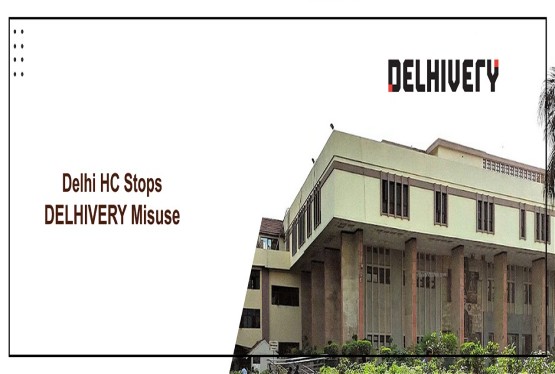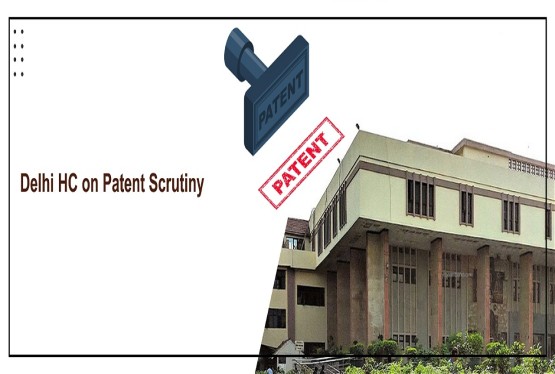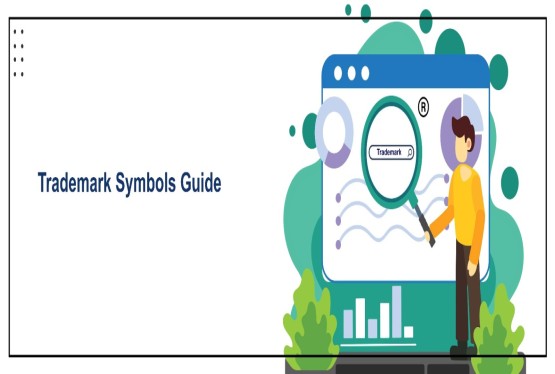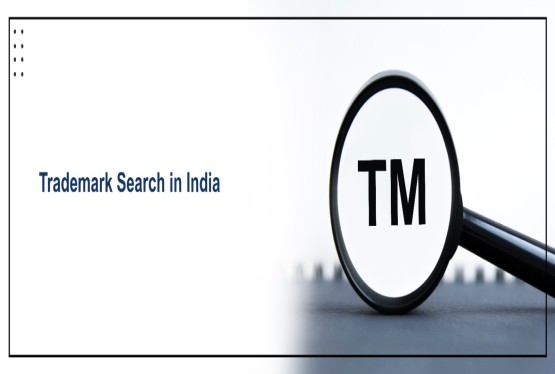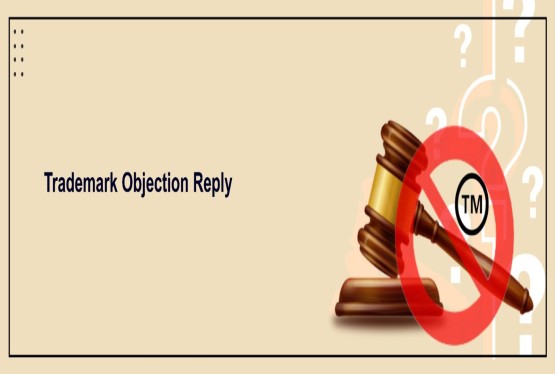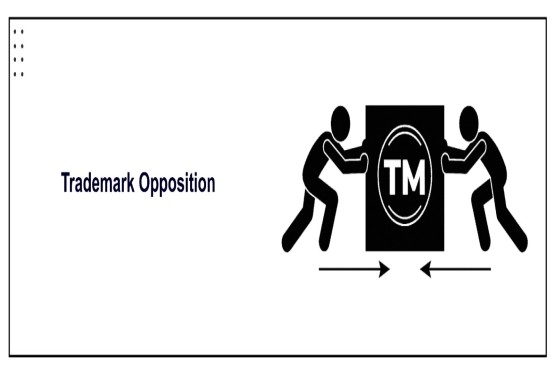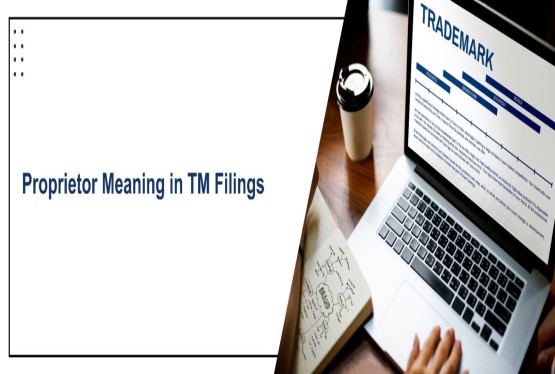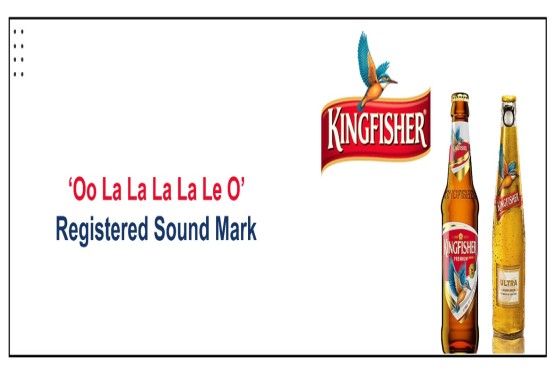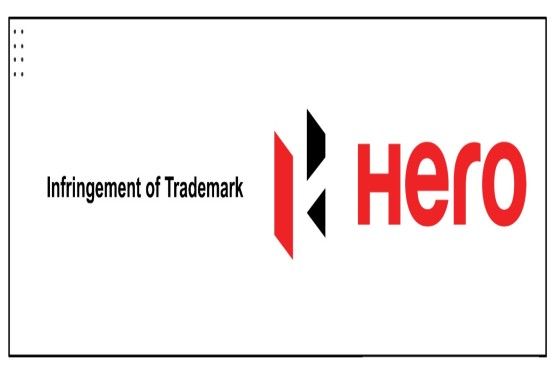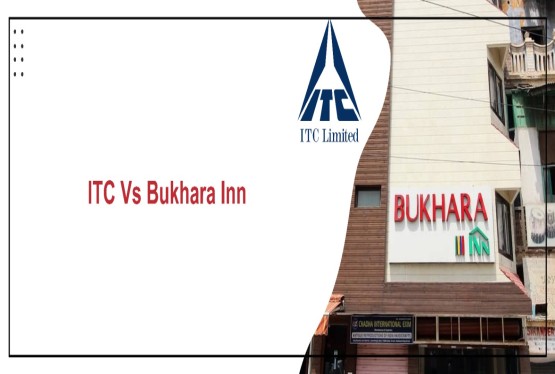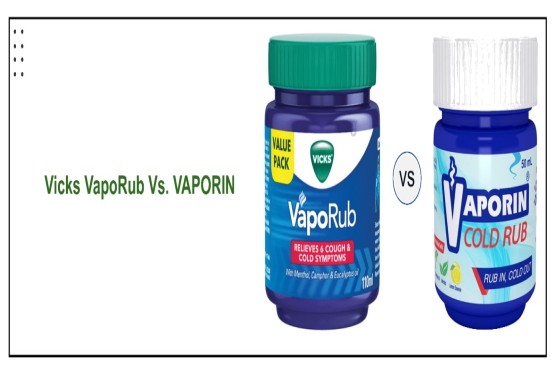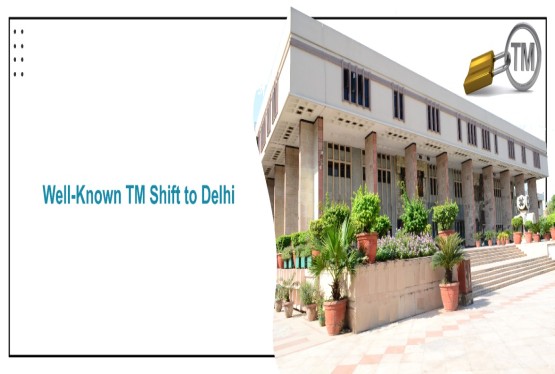In the restaurant and hotel business, a brand name is very important because it shows trust, quality, and reputation. Customers usually connect with a brand through its name, and if two businesses use a similar name, it can confuse people. This is why trademark protection is very important in the hospitality industry.
Recently, a dispute has reached the Delhi High Court where Delhi’s popular restaurant “Swagath” has filed a case against a hotel chain from Telangana. The restaurant has claimed that the other party is using a similar name, and this may mislead customers into believing both businesses are connected. This case is a good example of how trademark law protects brand identity and prevents misuse.
Background of the Case
The Plaintiff, a popular restaurant chain based in New Delhi, runs several outlets and franchise models in North India under the brand name “Swagath.”
The Defendant, Hotel Swagath, is a Telangana-based hospitality group established in 1991, operating 11 outlets in the state. The Defendant also owns a trademark registration for “SWAGATH” under Class 43 since 2017 and had earlier operated a hotel in Dubai under the same name.
The Plaintiff approached the Delhi High Court with two legal remedies:
-
Rectification Petition: under Section 57 of the Trademarks Act, 1999, seeking cancellation of the Defendant’s registered trademark on the ground that it was wrongly registered and is likely to cause confusion.
-
Civil Suit for Injunction:under Section 134 read with Section 29 of the Trademarks Act, 1999, requesting the Court to restrain the Defendant from using the mark “Swagath.”
Proceedings Before the Court
Justice Amit Bansal issued notice in both proceedings on 4 July 2025.
The Court directed that the plaint be registered as a civil suit, and a summons was issued in the injunction application. The Defendant’s counsel, however, waived the formal summons.
In the rectification petition, the Court granted time for filing replies and rejoinders and also laid down procedural timelines for filing original documents, affidavits of admission/denial, and inspection.
Importantly, the Court did not grant an interim injunction at this stage. Consideration of the interim relief was deferred to the next hearing.
The matter has been listed for 27 August 2025 for deciding the application for interim injunction.
Relevant Sections
The Judgment Referred to key provisions of the Trademark act, 1999.
Section 29: Infringement of Trademark
This provision says that if a person uses a mark identical or deceptively similar to a registered trademark in relation to the same or similar services, it amounts to infringement.
In this case, the Plaintiff (Delhi Swagath) argued that the Defendant’s use of the identical mark “Swagath” for hotels and restaurants is causing confusion among the public and therefore amounts to trademark infringement.
Section 57: Rectification of Register
This section allows cancellation or rectification of a trademark wrongly registered.
The Plaintiff filed a rectification petition under Section 57 seeking cancellation of the Defendant’s trademark “SWAGATH” (registered in 2017 under Class 43), claiming it was wrongly granted and is contrary to the Plaintiff’s goodwill and prior use in North India.
Section 135: Empowers courts to grant reliefs in infringement cases, including injunctions, damages, or account of profits.
This section empowers the Court to grant relief such as:
-
Permanent or interim injunction
-
Damages or account of profits
The Plaintiff requested an interim injunction to restrain the Defendant from using the mark. However, the Court has deferred the consideration of interim relief to the next hearing on 27 August 2025.
Legal Highlights
The case highlights the increasing number of disputes between businesses operating in different states but using identical or similar brand names.
The Plaintiff’s reliance is on goodwill and prior use in North India, while the Defendant is banking upon its registered trademark rights and long-standing presence in Telangana since 1991.
The Delhi High Court has taken a balanced approach by issuing notices but refusing to grant immediate injunction, indicating that the matter requires detailed consideration of both parties’ rights.
Conclusion
The outcome of this case will be significant in clarifying the balance between prior use and registered rights under Indian trademark law. For now, both Swagath chains continue to operate under the same name, with the Court set to decide on interim relief on 27 August 2025.
FAQs
Q1. Why is the “Swagath” case in the Delhi High Court?
Ans. The Delhi-based Swagath restaurant chain has filed a trademark infringement case against a Telangana-based hotel group using the same brand name “Swagath,” claiming it causes confusion among customers.
Q2. What are the main legal remedies sought by the Plaintiff?
Ans. The Plaintiff has filed:
-
A Rectification Petition under Section 57 of the Trademarks Act, 1999, to cancel the Defendant’s registered trademark.
-
A Civil Suit for Injunction under Sections 134 and 29 of the Act, to stop the Defendant from using the mark “Swagath.”
Q3. What did the Delhi High Court decide so far?
Ans. On 4 July 2025, the Court issued notices in both proceedings but did not grant an interim injunction. The next hearing on interim relief is scheduled for 27 August 2025.
Q4. What is the Defendant’s argument in this case?
Ans. The Telangana hotel group argues that it has been using the name “Swagath” since 1991, holds a registered trademark in Class 43 since 2017, and has built goodwill in its region.
Q5. What provisions of law are relevant in this dispute?
Ans. Section 29: Infringement of a registered trademark.
Section 57: Rectification of Register.
Section 135: Reliefs like injunctions, damages, or account of profits.
Q6. Why is this case important for the hospitality industry?
Ans. It highlights how similar brand names across states can lead to customer confusion and legal battles. The decision will influence how Indian courts balance prior user rights with registered trademark rights.
Q7. What happens next in the case?
Ans. The Delhi High Court will decide on the Plaintiff’s application for interim injunction on 27 August 2025. This decision may temporarily restrain or allow continued use of the mark until the final judgment.

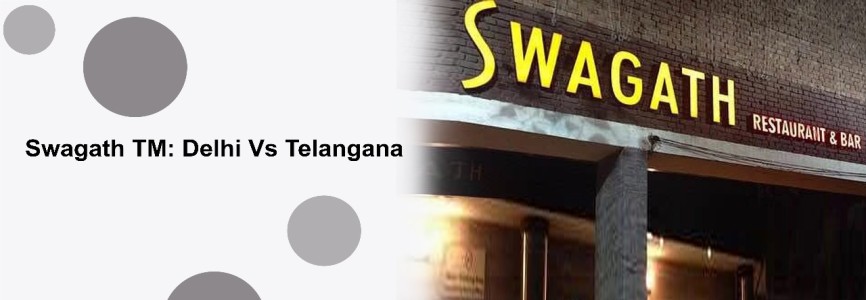




























_(b)_of_the_Trademark_Act,_1999_(1)_crop10_thumb.jpg)



_crop10_thumb.jpg)




























_crop10_thumb.jpg)
_crop10_thumb.jpg)






_crop10_thumb.jpg)








_crop10_thumb.jpg)



_crop10_thumb.jpg)





























_crop10_thumb.jpg)

















_crop10_thumb.jpg)






_crop10_thumb.jpg)












































































































































_crop10_thumb.jpg)




































_crop10_thumb.jpg)












_crop10_thumb.jpg)















































_crop10_thumb.jpg)

































































































